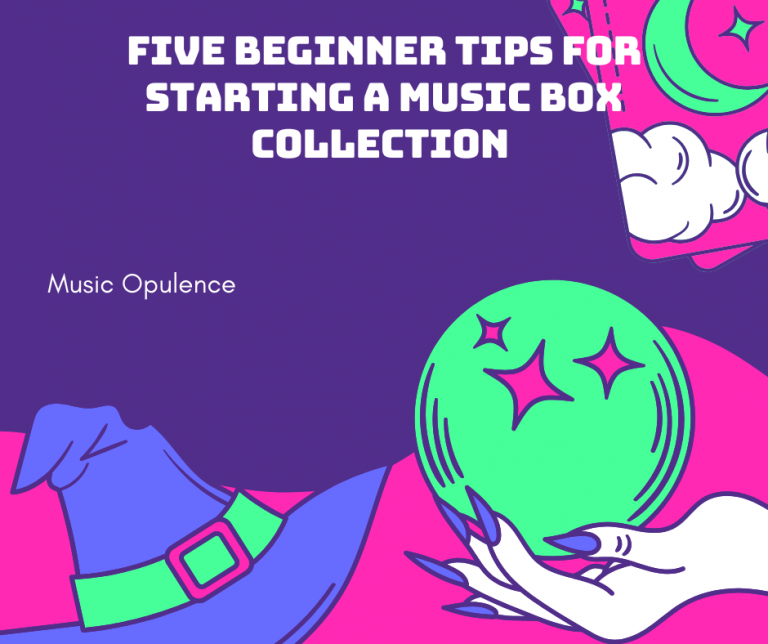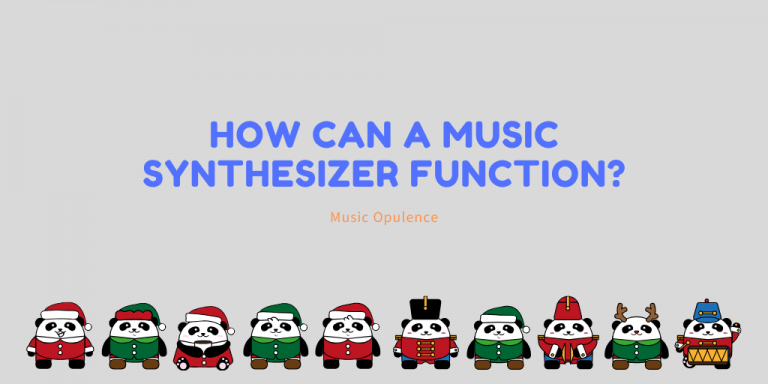A Comparison Of Disc Music Boxes And Cylinder Music Boxes
Cylinder music boxes were once a means of providing live music without performers. The music produced was like an ensemble of harpists or bell choir. It was not without its limitations, however. Back in those days, a music box came with some specific sounds, and those were the sounds you had to listen. So, in order to provide some new tunes and improve the music quality of these music boxes, a shifting cylinder was invented.
There were two sets of pins on the cylinders. As one of the sets of pins on the cylinder rang the resonating “teeth” of the “comb” the other sets of pins passed quietly between the teeth. When the song was over, the cylinder would turn over, making the next set of pins to line up with the “teeth”. What was the result of these actions? Well, on some music boxes, you could even get 12 different sounds. After a few years, a new type of cylinder was invented: the interchangeable cylinder. These interchangeable cylinder music boxes had the great advantage of being replaced, with a new cylinder with new tunes. These cylinders were normally made of strong materials, like metal and powered by a spring. In some of the last models, the cylinders could be removed to change melodies, thanks to an invention in 1862, and in some exceptional models, there were four springs, to provide continuous play for up to three hours.
But, because people weren’t satisfied by the performances of these cylinder music boxes, as new devices appeared, the limitations of the cylinder led to the development of Symphonion disc music box. These types of music boxes firstly appeared around 1880 in Leipzig, Germany. They had the great advantage of producing more sound and being more affordable. How did they work? Well, a different technique was developed to punch projections into a durable steel disk and these were used, to pluck the comb. The disc music boxes were then capable of playing 24 or 27 inch discs. To understand better, you should know that a 24 inch disc could play a 2 minute song. So, the music boxes were specially designed to play separate song discs, and this way with just one music box you could listen for several plays.
Because of improving science and technology, most today don’t turn to music boxes for their regular music fix. People purchase music boxes today not to replace their mp3 players and Ipods. It is a way of enjoying music of yesterday and relish in the beauty and art of the days gone past. Yet, for those who are fans, old clocks and watches with small musical pieces are highly recommended. Old wood disc or cylinder music boxes are becoming a rarity these days, and can be considered valuable antiques. Just visit a museum and see some models. From time to time, you can even see them sold online. The music and the craftsmanship of these amazing music boxes will leave you with the yearning to buy one afterwards.






